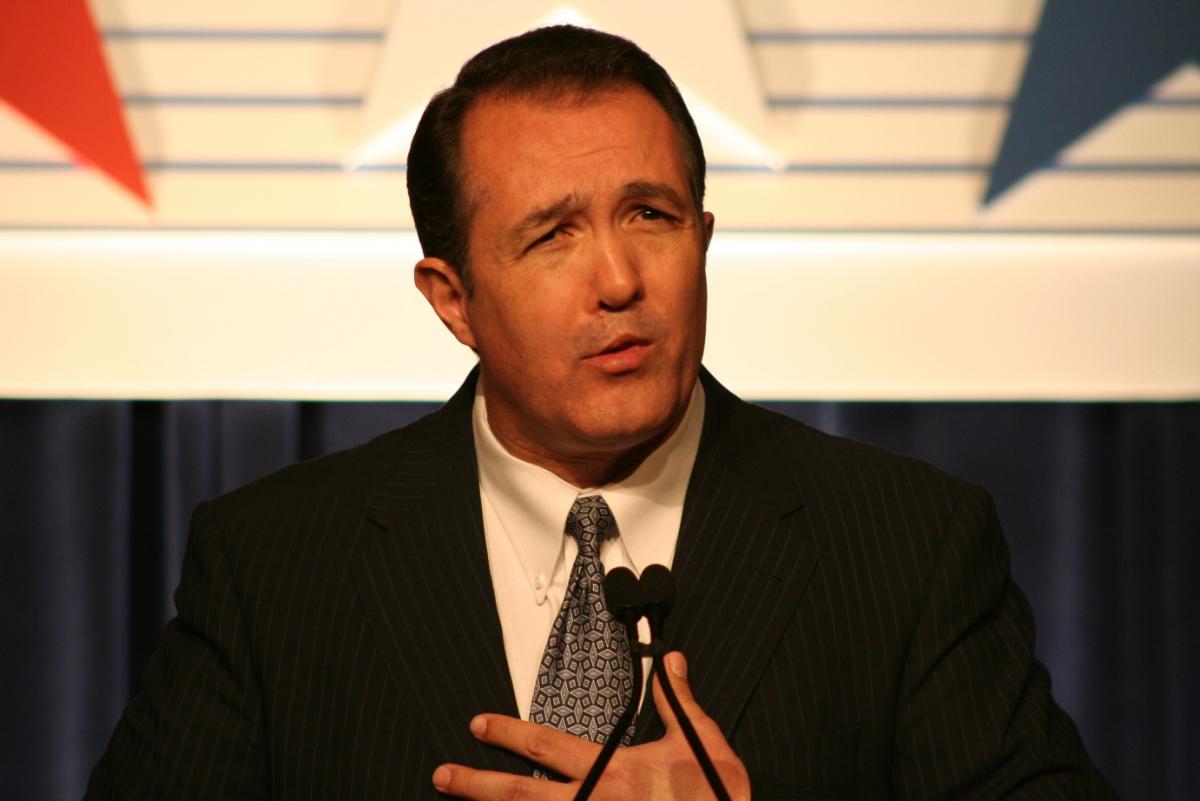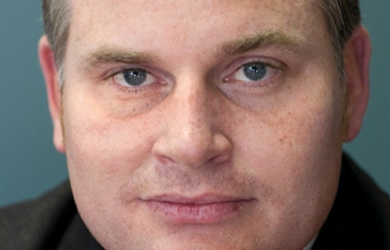Focus on the Family’s Glenn Stanton joined John Rabe of Truth in Action Ministries on Truth that Transforms yesterday to discuss same-sex parenting. The two claimed that supporters of marriage equality are “unscientific” when it comes to family stability and have “completely ignored” evidence showing that same-sex parenting harms children.
Rabe: Glenn, it’s always very interesting to me because we Christians are portrayed as being often anti-science and anti-progress and so forth yet when you talk about the issue of marriage and family it’s interesting how the other side very quickly becomes the sentimentalists in the group, suddenly all the empirical data, all the scientific stuff, is completely ignored and you hear statements about ‘people who just love each other should be able to marry and define that for themselves.’ From an empirical perspective there’s not even any argument about how beneficial a traditional man-woman marriage and family is as opposed to other models, is there?
Stanton: You said it exactly right. It’s remarkable how those folks on the other side being the ‘reasonable ones,’ the ones who unlike us don’t believe in sentimentality and myth and things like that, they become very, very unscientific.
The claim that there is no “empirical data” or “scientific stuff” confirming the idea that same-sex parents can raise healthy and well-balanced children is false. In fact, it is anti-gay activists who are ignoring the research about same-sex parenting.
The American Psychological Association’s review of mainstream scientific literature has debunked claims that children of same-sex couples would have more mental and emotional problems. In addition, studies consistently find that children raised by same-sex parents are just as well-adjusted those raised in households with opposite-sex parents.
A University of Amsterdam study [pdf] on the “quality of life (QoL) of adolescents in planned lesbian families” found that their quality of life is no different from their peers:
In conclusion, the reported QoL for adolescent offspring in planned lesbian families is similar to that reported by the matched adolescents in heterosexual-parent families. This finding supports earlier evidence that adolescents reared by lesbian mothers from birth do not manifest more adjustment difficulties (e.g., depression, anxiety, and disruptive behaviors) than those reared by heterosexual parents.
Researchers from the University of Virginia similarly found that “adolescents with same-sex parents did not differ significantly from a matched group of adolescents living with opposite-sex parents”:
The results of the present study, which is the first based on a large national sample of adolescents living with same-sex couples, revealed that on nearly all of a large array of variables related to school and personal adjustment, adolescents with same-sex parents did not differ significantly from a matched group of adolescents living with opposite-sex parents. Regardless of family type, adolescents were more likely to show favorable adjustment when they perceived more caring from adults and when parents described close relationships with them. Thus, as has been reported in studies of children with lesbian mothers (e.g., Chan et al., 1998), it was the qualities of adolescent – parent relationships rather than the structural features of families (e.g., same- vs. opposite-sex parents) that were significantly associated with adolescent adjustment (Golombok, 1999; Patterson, 2000).
A Stanford University sociologist also sees no major differences among children in terms of educational achievement:
To the extent that normal progress through primary school is a useful and valid measure of child development, the results confirm that children of same-sex couples appear to have no inherent developmental disadvantage. Heterosexual married couples are the most economically prosperous, the most likely to be white, and the most legally advantaged type of parents; their children have the lowest rates of grade retention. Parental [Socio-Economic Status] accounts for more than one-half of the relatively small gap in grade retention between children of heterosexual married couples and children of same-sex couples. When one controls for parental SES and characteristics of the students, children of same-sex couples cannot be distinguished with statistical certainty from children of heterosexual married couples.
But groups like Focus on the Family and Truth in Action Ministries try to damage to the health and welfare of families led by same-sex parents with their consistent promotion of anti-gay laws and social stigmas.








